- Home
- CommoditiesAluminumSupply ChainSteelSupply Chain
- About Us
- Career
- Blog
- Contact Us

Aluminium
AlF3
Aluminum fluoride is a white, crystalline compound that is commonly used as a flux in the aluminum industry. It is used to lower the melting point of alumina, which is the raw material for aluminum production, and to increase the electrical conductivity of the molten aluminum.
In addition to its application as a flux, aluminum fluoride is also used as a catalyst in the production of certain types of aluminum alloys, such as those used in aerospace applications. It is also used as a coating on ceramic and glass materials to increase their resistance to wear and corrosion.
Aluminum fluoride has also found applications in other industries, such as the production of pharmaceuticals, where it is used as an intermediate in the synthesis of various compounds. It is also used in the production of nanomaterials and as a stimulant for the immune system in various vaccine formulations.
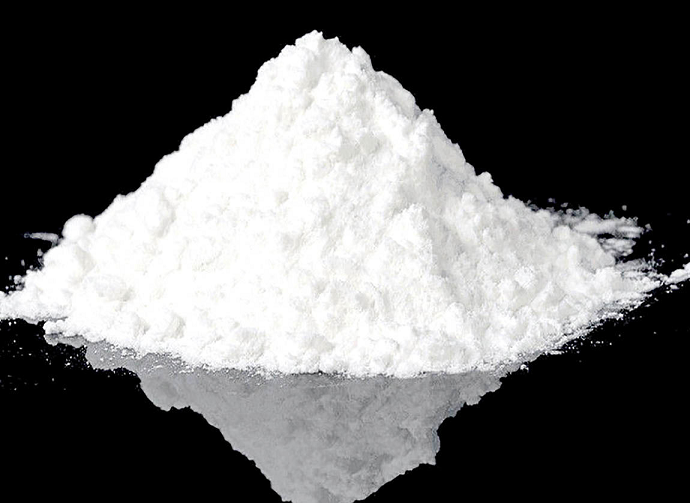
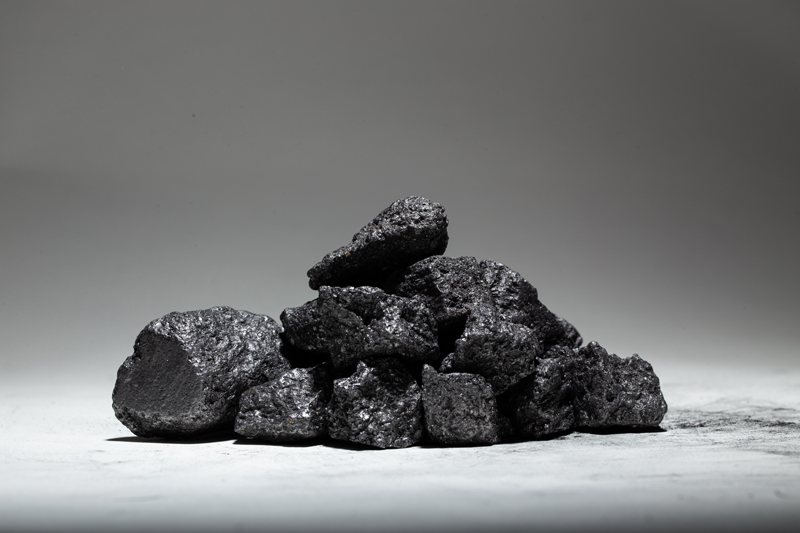
RPC
Raw petroleum coke (RPC) is a hard and penetrative carbon material obtained from the lowest part of oil towers. This material has properties such as heat and chemical resistance, high hardness, and no decomposition at high temperatures.
Process of conversion to calcined petroleum coke:
To produce calcined petroleum coke (CPC), first, the raw petroleum coke is crushed and then placed in a rotary kiln using gases such as methane and natural gas at very high temperatures (up to 1200 degrees Celsius) and under high pressure for about

Primary Aluminum
Primary aluminum ingot is one of the most important aluminum products used in various industries. The following are some of its applications:
1- Steel production: Raw aluminum ingot is used as one of the main elements in the steel production process. By using raw aluminum ingot, steel alloying with aluminum is possible. Adding aluminum to steel improves its mechanical properties, as well as its resistance to corrosion and heat.
2- Aluminum foil production: Raw aluminum ingot is one of the most important raw materials in the production of aluminum foil. Aluminum foil is used for packaging food, pharmaceuticals, and asset industries.
Aloumina
Alumina is a chemical compound with the formula Al2O3, which is found in nature as a white and crystalline substance. This compound is considered one of the most important materials used in the aluminum industry.
Some of the applications of alumina in the aluminum industry include:
1- Aluminum production: Alumina is used as a raw material in the production of aluminum. In the electrolysis process, alumina, along with many other substances, is transferred in bulk into a molten mixture of melted metals such as aluminum metal, to separate the aluminum metal using electric current.


Cathode
Carbon Cathode Block is one of the most important consumables in the aluminum industry, used in the electrolysis process. In this process, by using electric current, the metal aluminum is separated from raw alumina and is placed in the carbon cathode block for aluminum production.
Carbon cathode block is produced in large blocks with dimensions of 55x55x170 centimeters and is made up of a combination of graphite and the highest percentage of carbon. The carbon cathode block must have high resistance to electric current, heat, and other chemical conditions and must be able to absorb aluminum metal well.
In the electrolysis process, the carbon cathode block is used as one of the important components in aluminum production. In this process, the electric current flows from the anode block to the carbon cathode block, resulting in the production of aluminum metal.
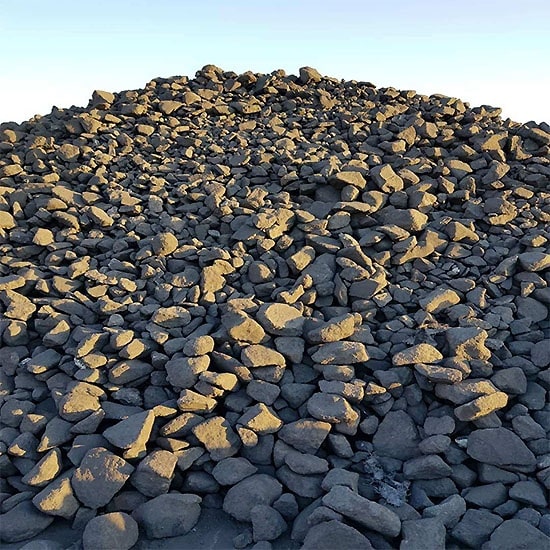
Anode
Anode Block is one of the most important consumables in the aluminum industry used in the electrolysis process. In this process, aluminum is separated from raw alumina using electrical current and is deposited on the anode blocks to produce aluminum metal. Anode blocks are produced in the form of large blocks with dimensions of 90x55x170 centimeters and are made of a combination of graphite and mostly carbon. Anode blocks must have high resistance to electrical current, heat, and other chemical conditions, and must be able to effectively absorb aluminum metal. Anode blocks are used as one of the important components in the electrolysis process for producing aluminum metal.
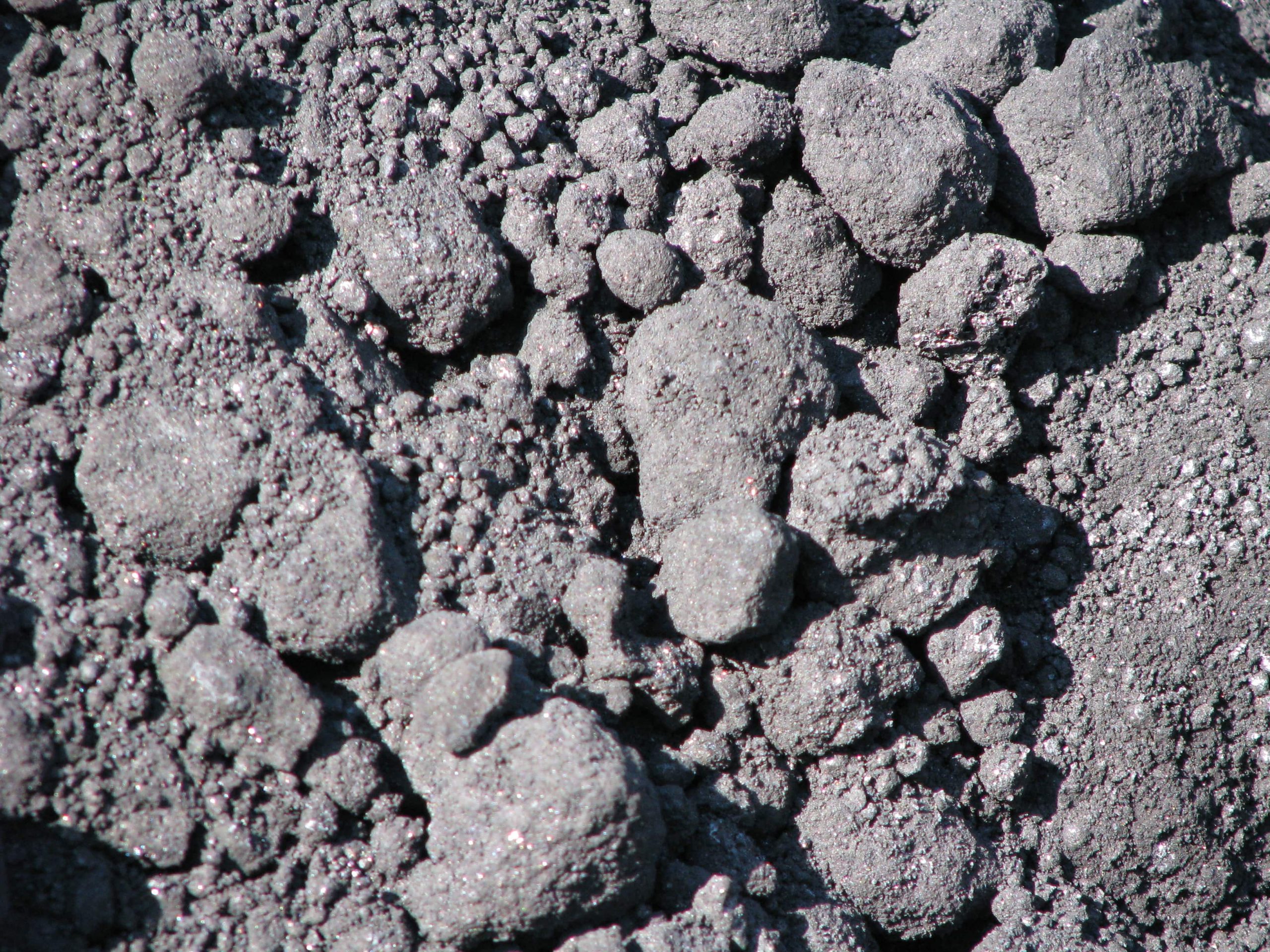
CPC
Petroleum coke calcine or CPC is a hard and penetrable carbon material obtained from various sources such as petroleum tar, coke fines, and coal. Due to its properties such as high heat and chemical resistance, corrosion resistance, and high hardness, it is widely used as an important raw material in the aluminum industry.
One of the main applications of petroleum coke calcine in the aluminum industry is its use as a reducing agent in the electrolysis process for producing aluminum. In this process, petroleum coke calcine is used as a reducing agent in the cathode,
Cryolite
Cryolite is a chemical compound with the formula Na3AlF6, which is used as a metallurgical additive to produce aluminum. This compound is obtained from aluminum ore (bauxite), feldspar, and iron ores.
Cryolite is a white powder and is soluble in water. To obtain aluminum on an industrial scale, this element must be extracted from bauxite, and for this purpose, cryolite is used as a metallurgical additive. This substance acts as an electrolyte in the molten aluminum and is used to absorb electric current. In this method, bauxite is transformed into aluminum by being crushed into a powder and mixed with molten cryolite and using an electric current with carbon bases.


Coal tar pitch
Coal tar pitch is one of the by-products obtained from the process of producing petroleum coke (a type of coal). Coal tar pitch is essentially formed by the connection of high molecular weight molecules obtained from oil, gas, and the process of coking coal. This substance is a black, thick liquid with a distinct odor.
In the aluminum industry, coal tar pitch is used as a pre-mixed material that is combined with bauxite powder and other raw materials for aluminum production. This material is used as a carbon acceptor in the aluminum production process, acts as an anti-carbonation agent, and separates carbon from aluminum.
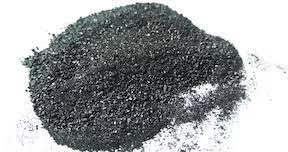
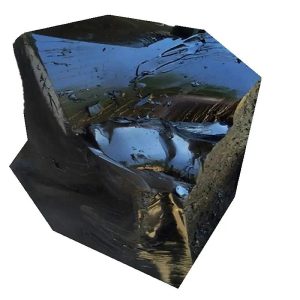

KTP was founded in 2008 and has been instrumental in the development of minerals trading throughout the world. KTP has since expanded its expertise to a wide variety of commodities and participates in various diversified businesses.
Contact Us
(+98) 220 16992
(+98) 220 54939
(+98) 220 54938
Find Us
- Address : No. 17, GolAzin Boulevard Nelson Mandela St. Tehran, Iran
